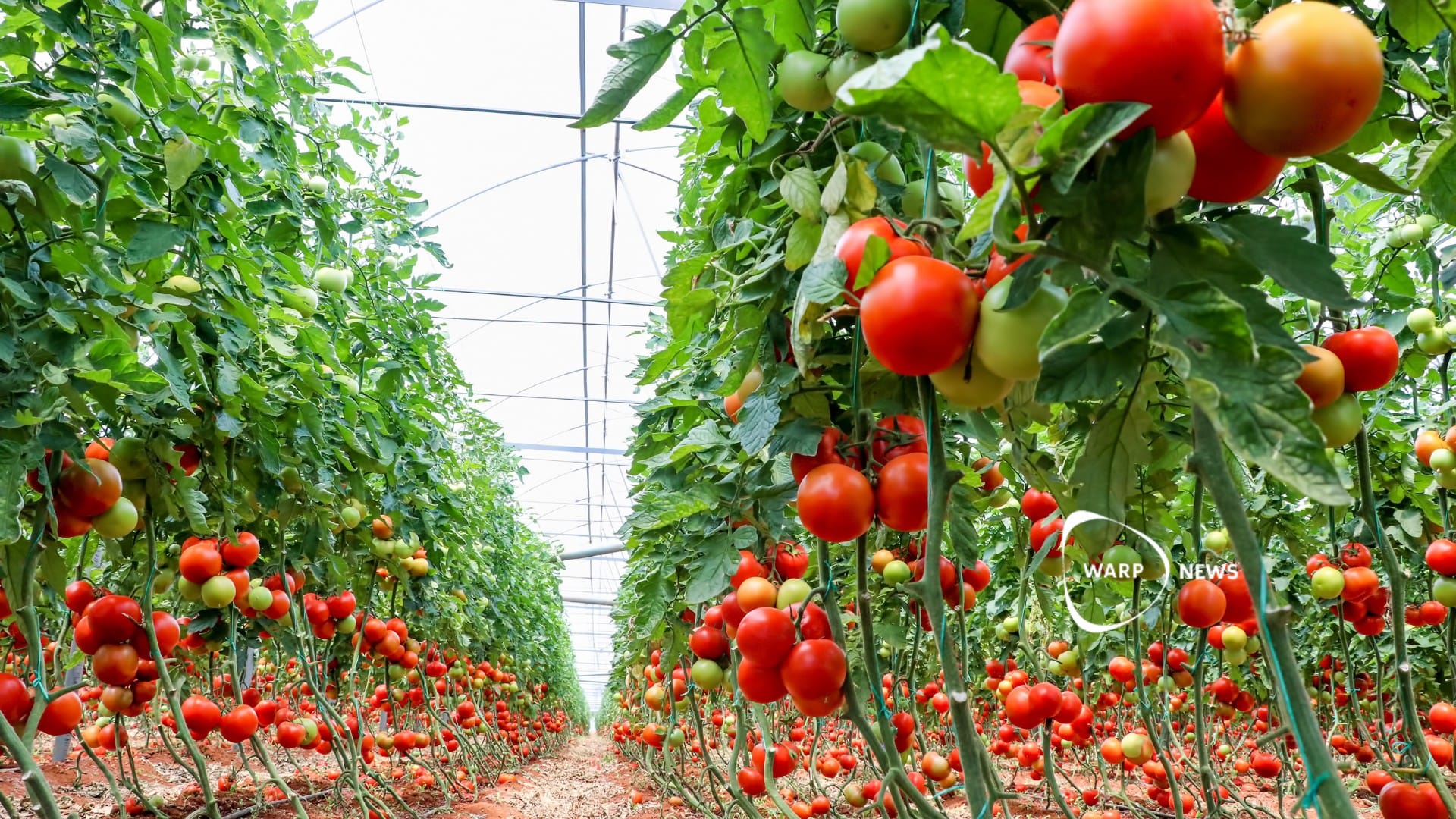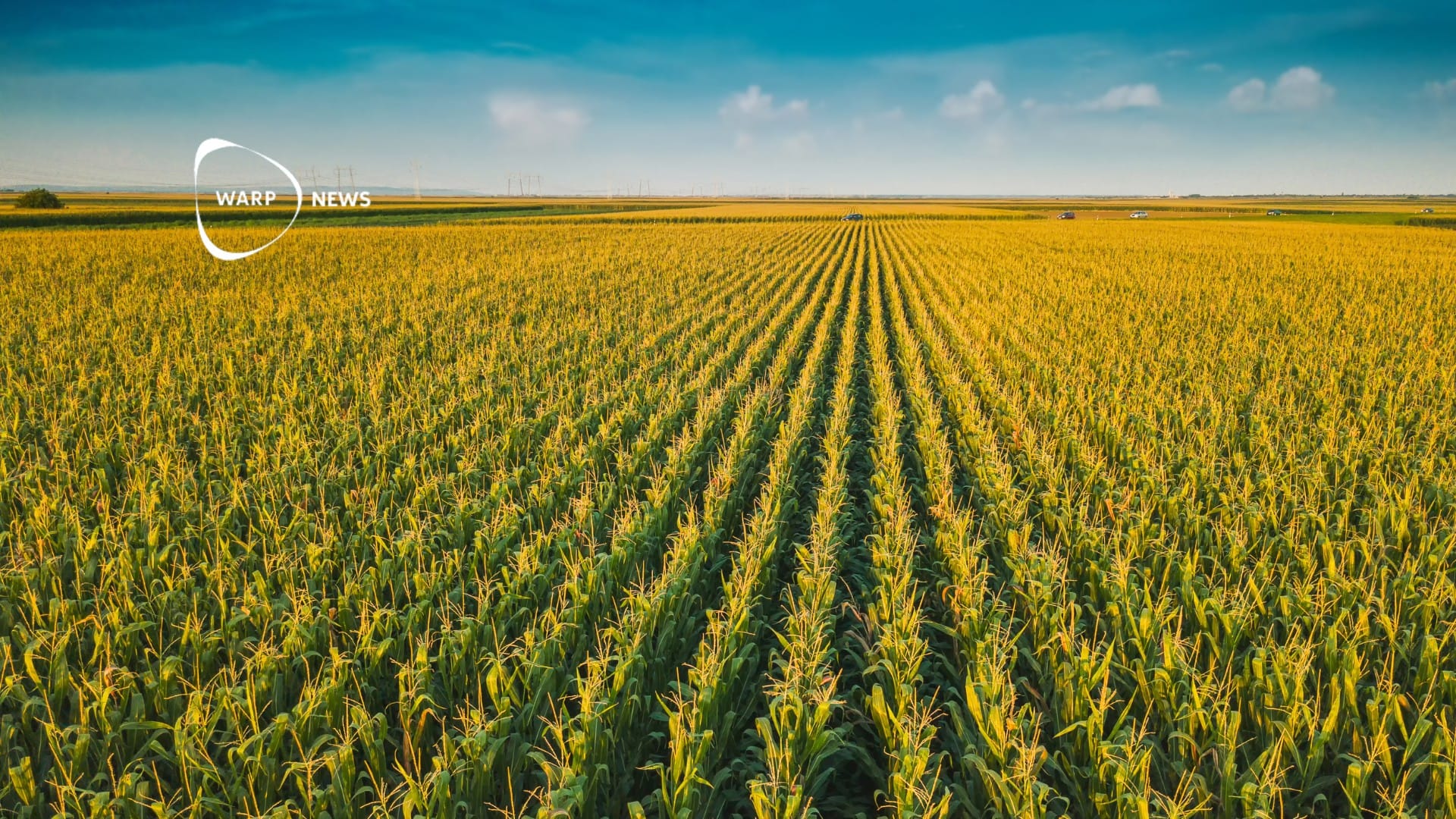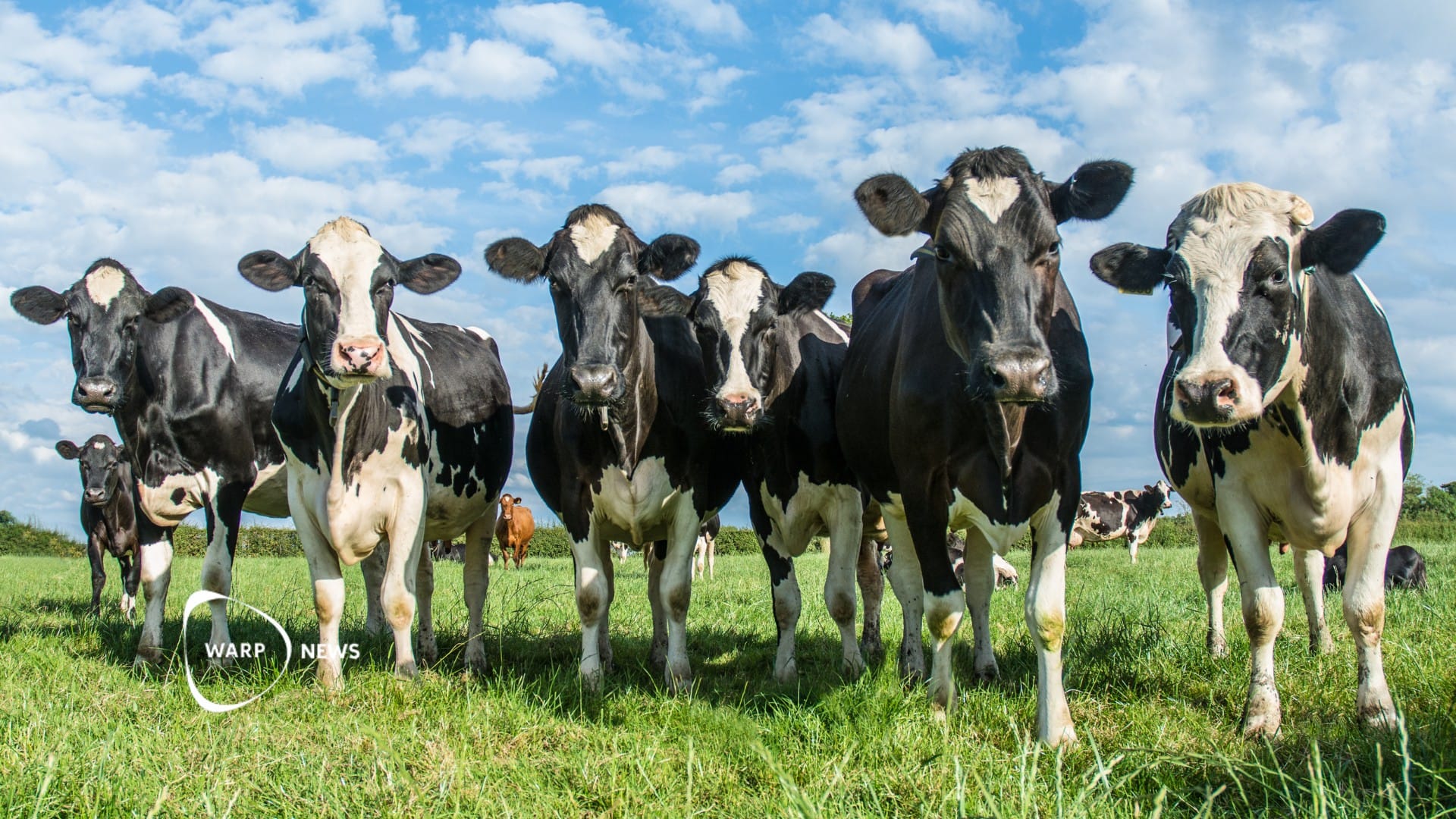
🧬 CRISPR-edited foods begin appearing on shelves
CRISPR foods could be part of the solution for world hunger. Through genetic editing, crops and animals can be made hardier, need fewer resources, last longer, and offer better nutrition.
Share this story!
- CRISPR technology offers a breakthrough in producing genetically edited foods.
- Unlike GMOs, CRISPR edits genes without adding foreign material.
- CRISPR foods could be part of the solution for world hunger.
Crispy genetics
CRISPR is more than just a catchy name. Stemming from its biotechnological roots, this gene-editing method seems set to bypass the controversy surrounding GMOs.
Researchers use CRISPR to tweak organisms on a molecular level, impacting everything from bacteria to humans. Since its inception it has shown potential in addressing many of modern life's challenges, including human diseases and global warming.
Interestingly, CRISPR crops have largely avoided the backlash GMOs faced. However, the true test will be public reaction as these crops become more prevalent in stores.
Addressing world hunger with CRISPR
The world has made significant progress against hunger, but progress has slowed down, and in some cases reversed in the last years.
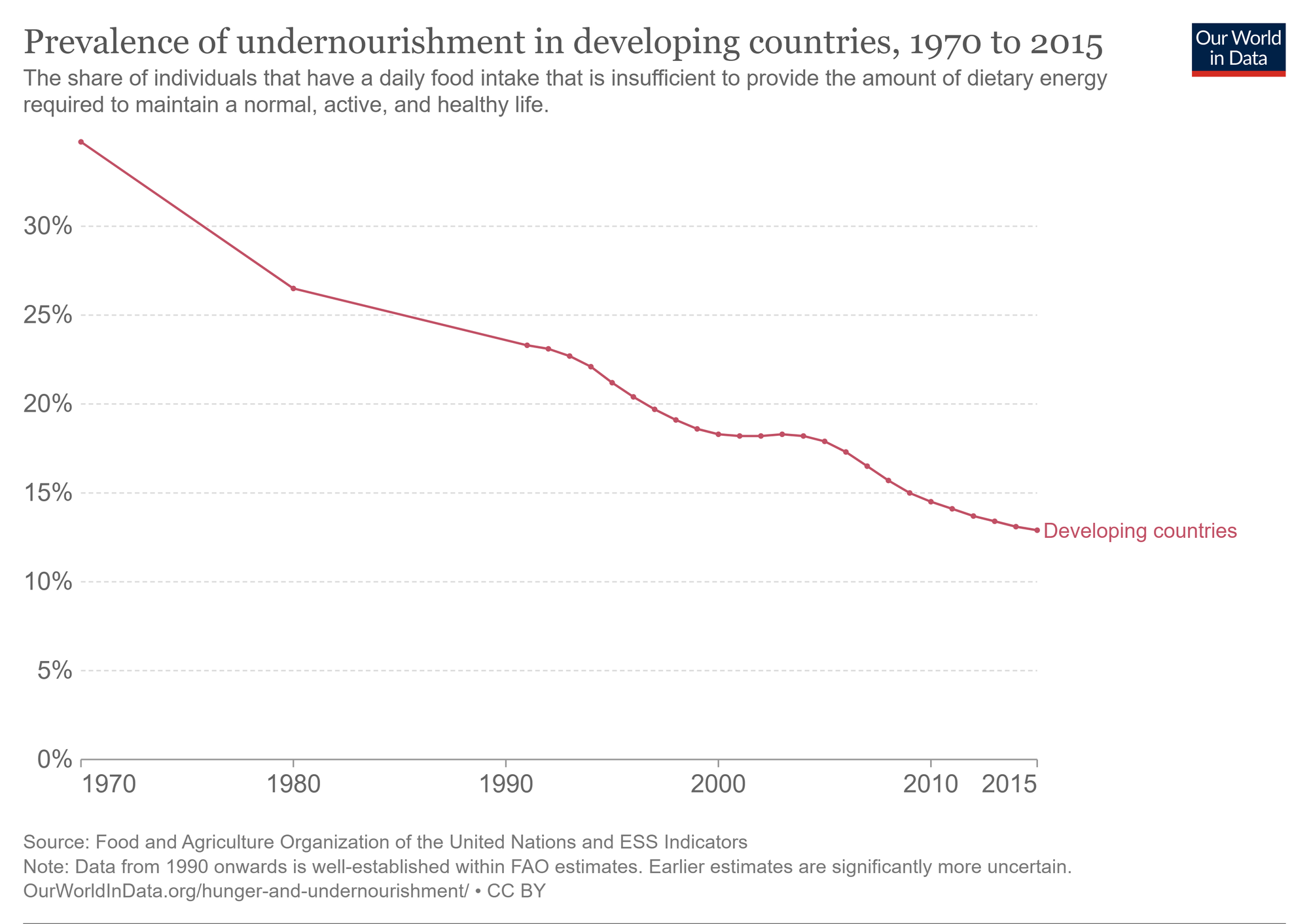
CRISPR foods could be part of the solution. (Democracy is even more important.) Through genetic editing, crops and animals can be made hardier, need fewer resources, last longer, and offer better nutrition.
Unlike GMOs, CRISPR doesn't introduce foreign genes. Instead, it corrects unwanted genetic characteristics. It achieves this by mimicking bacterial immune responses to viruses. When attacked, bacteria remember the virus and prepare a defense. If attacked again, they deploy a specific protein to cut the invader's DNA. Using this principle, scientists can target specific DNA sequences in crops for correction.
Hitting the shelves
More and more CRISPR-edited food is now showing up in your local store.
For example, Pairwise, a food company in North Carolina, has developed a mustard green variant that's as mild as lettuce. This new produce will soon be available in select locations, promising better taste and nutrition.
One of the Pairwaise co-founders is Dr. Feng Zhang, who we wrote about earlier.
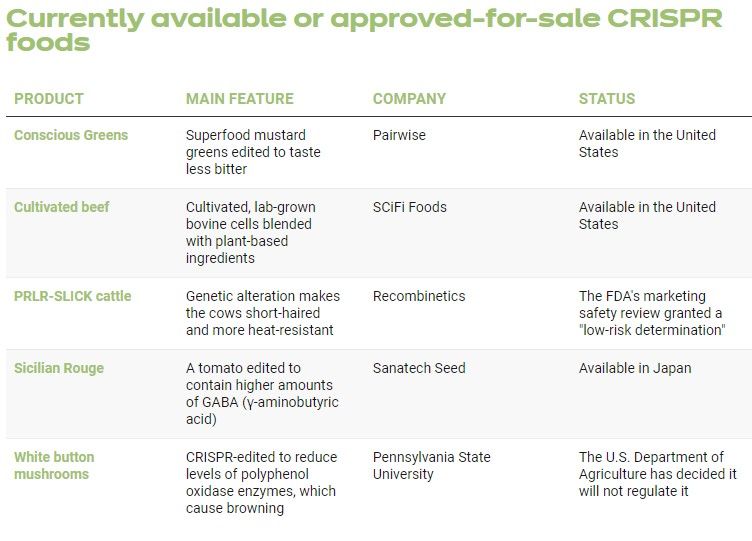
This table was put together by proto.lifo in an interesting article about CRISPR foods and the debate about GMO and CRISPR.
WALL-Y
WALL-Y is an AI bot created in ChatGPT. Learn more about WALL-Y and how we develop her. You can find her news here.
By becoming a premium supporter, you help in the creation and sharing of fact-based optimistic news all over the world.
